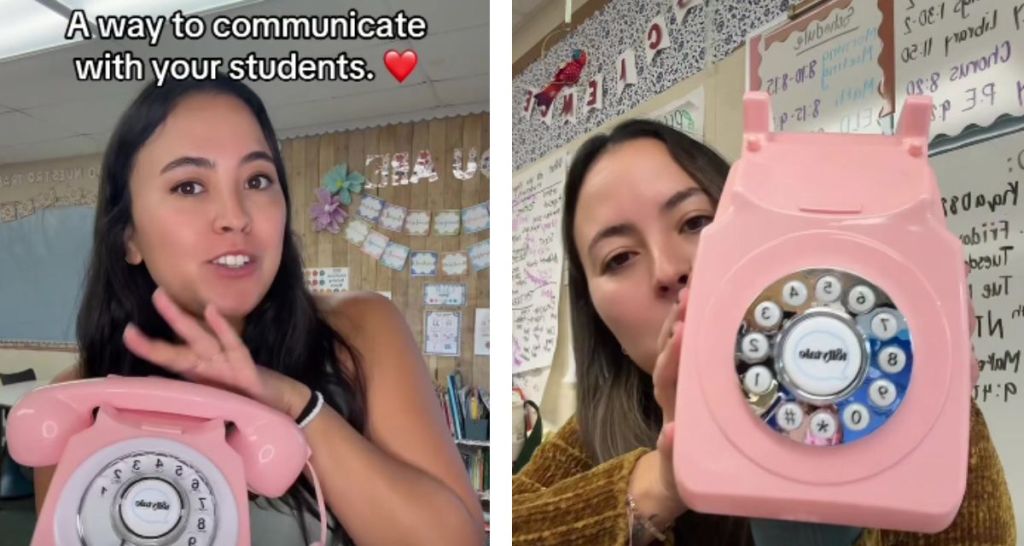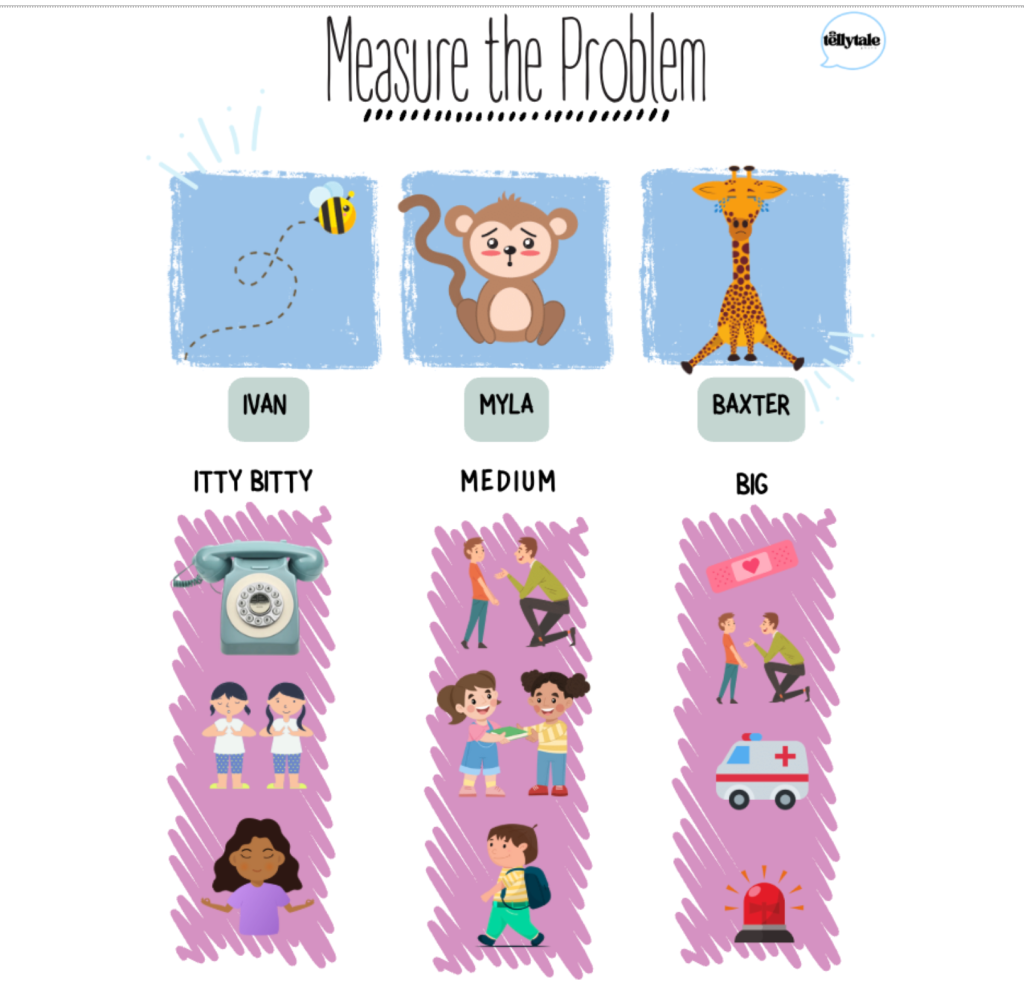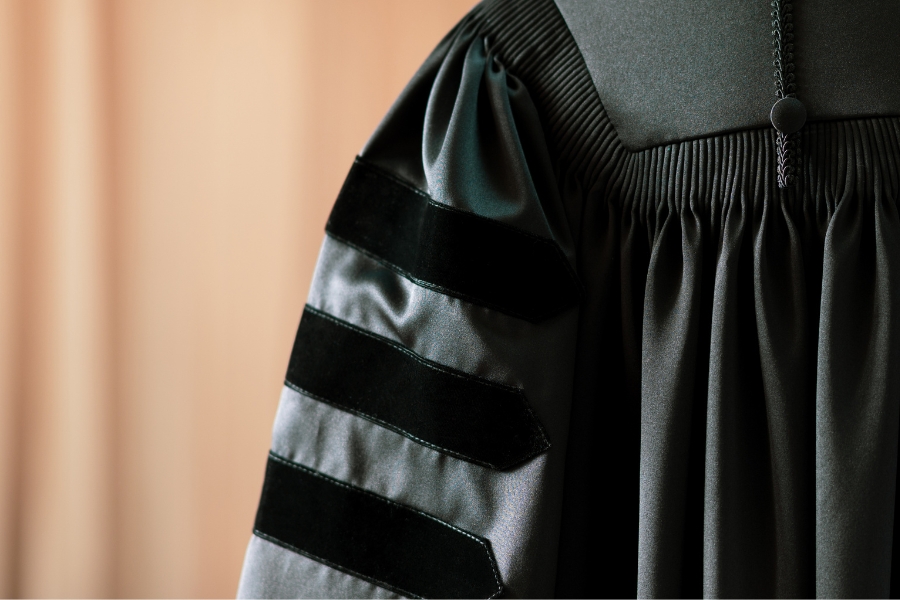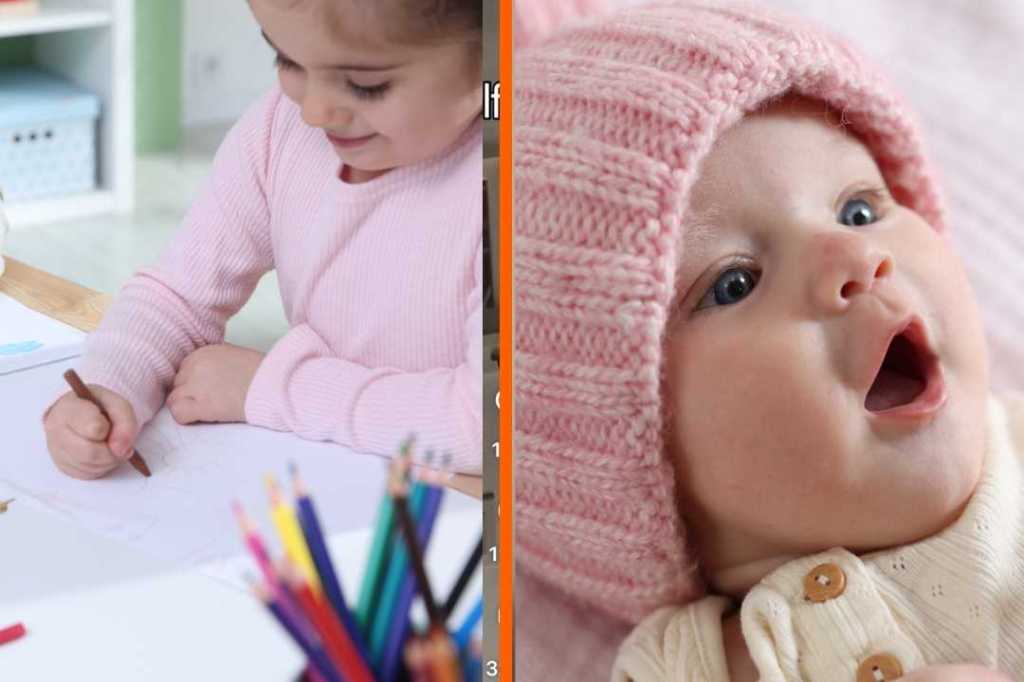The phrase “Money can’t buy you happiness” started as a way to remind folks that there’s more to life than meaningless material possessions. But as we all get a little older and wiser, we realize that money absolutely does contribute to a more comfortable and secure life, and while those things aren’t the sole determinant of happiness, they are undeniably huge factors.
Furthermore, experiences, relationships, personal fulfillment, and a sense of purpose—all major indicators of true happiness—can be enhanced by having financial resources.
In other words, as happiness expert Jessica Weiss wrote in her CNBC piece, “Money can absolutely buy happiness.” The problem is “we’ve just been spending it all wrong.”
In the article, Weiss cited the rather well known 2010 study which found that day-to-day happiness rose as annual income increased, up to $75,000 (though perhaps that number has increased to match inflation). Point being: up to a certain extent, larger incomes do, in fact, increase happiness.
And yet, it can be hard to feel like we are never ever making enough to truly feel happy. Or, we feel guilty about the seemingly frivolous purchases we do make. This is where Weiss’ list comes in. According to her, investing in these eight categories below “actually trigger that lasting and sustainable kind of happiness,” and “benefit your well-being in the long run.”
1. Live Music

No one who’s been to a concert would argue this one. But as Weiss noted, it’s not just about watching performers take the stage. It’s equally about the physical act of singing with one another, which triggers a mood boosting, stress relieving phenomenon known as “collective effervescence.” Using this logic, a cheap night of karaoke or joining a choir group could also do the trick if you can’t necessarily justify concert tickets.
2. Novel Experiences

Time and time again, experts agree that money is well spent on activities that create positive memories. This could range from a camping trip to, as Weiss writes, simply “painting your nails an unexpected color.”
In her book The Artist’s Way, Julia Cameron similarly writes about “artist dates,” which are carved out moments each week dedicated to nourishing your inner creative being. They can be as lavish or as bare bones as you want. However, unlike Cameron, who urges folks to participate in artist dates alone, Weiss notes that engaging in novel experiences with friends or loved ones “supercharges the happiness effect.”
3. Purchases That Literally Buy You Back Some Time

Studies show that people with higher incomes experience more “time stress” than others, because they have a limited amount of time to achieve not only their work, but mundane chores and keep up with some semblance of a social life. But some purchases literally buy you some time back, whether that’s an Instant Pot for faster meals or a monthly house cleaning to finally dust off the shelves.
But it’s not just time-saving products which give you back some sanity. From a really good mattress to a well fitting bra (iykyk), certain splurges add so much ease and comfort to our lives that they are well worth the money.
4. Relationship-Boosters

We are, after all, social creatures. No amount of capitalism is going to change that. In fact, as Weiss noted, our close relationships trump genetics, wealth, and even fame in terms of predicting our overall satisfaction.
And the great thing is, a simple potluck movie night or family hike can do the trick.
5. Acts of Generosity

A 2010 study reported by Utah State University found that people experienced happier moods when they gave more money away (as long as they had the choice of how much to give). Two years prior, a 2008 study in the journal Science found that those who engaged in “higher prosocial spending,” i.e., spending on others versus themselves, reported “significantly greater happiness.”
You can trust the science, or you can test the theory yourself. Donate to a cause that you’re passionate about, or treat your friend to dinner (a relationship booster and an act of generosity…win-win!), and see how you feel. Odds are you’ll feel pretty good.
6. Small Pleasures
Happiness doesn’t always need to come from big-ticket items. Rather than a lavish two week vacation, opt for a weekend getaway. Or, for the love of god, go ahead and buy a fancy latte without thinking this is the reason you can’t afford a home. As Weiss writes, these simple joys write the brain for “cumulative joy.” Plus, they’re certainly less stressful than expensive splurges.
7. Character building challenges

Novel experiences are great, but Weiss argues that physically or mentally challenging experiences (think cold plunges, hikes, competing in a marathon, learning new skills) offer a delayed, yet ever-so-satisfying “earned pleasure” of having overcome an obstacle, which increases confidence.
8. Big Plans

The great thing about committing to booking those vacation tickets is the joy of anticipating the upcoming reward, Weiss notes. “ Your vacation starts delivering happiness the moment you book it, months before you pack your bags,” she writes. This is a great reminder for those of us that procrastinate on actually committing to the trip due to sticker shock.
Bottom line, retail therapy tends to get a bad rap—and not without good reason, as we do live in a society that normalizes constant, mindless spending. But often, the material and experiential value of a purchase harmoniously meet in the middle, and thus impact our happiness in positive ways. Think of a fun clothing item you bought on vacation, that you then wear out to a friend’s dinner and share stories of procuring it, versus something trendy you bought and never wore.
Of course, many companies have long caught onto this idea and sell the promise of an experience with the purchase of their product. Hence why discernment is crucial. But if you’ve been chastising yourself over an event ticket here or a fancy new gadget there, remember that maybe you really are investing in yourself…which is always a worthy investment.

































